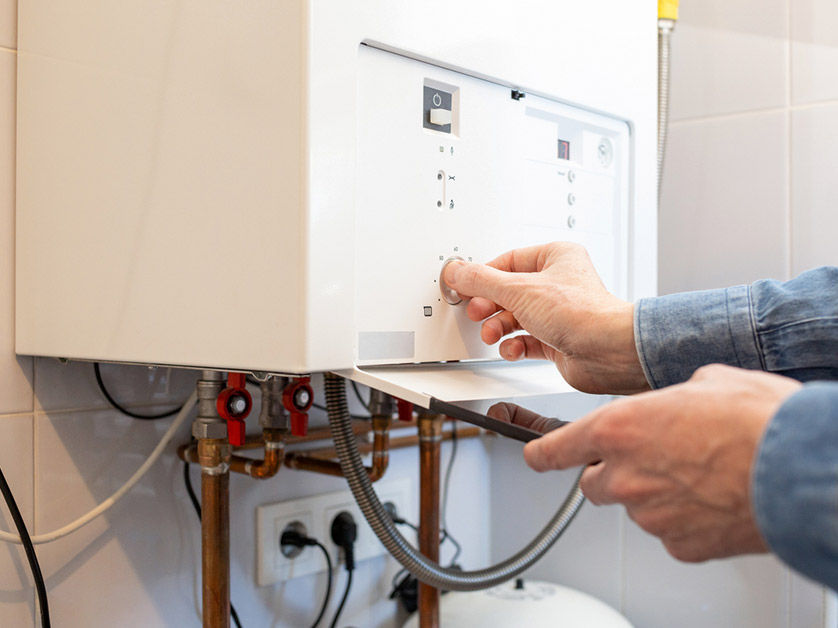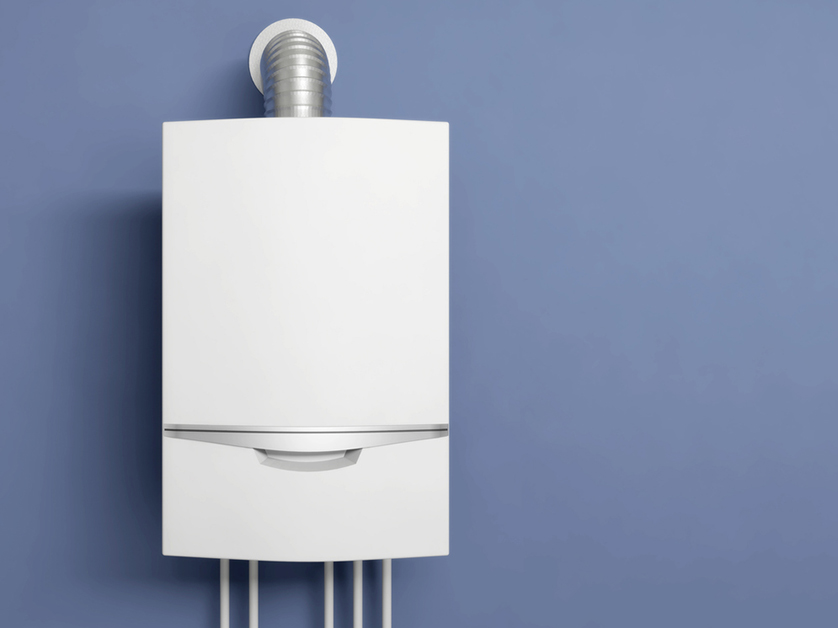-

email us
management@plumbingdoctornj.com
-

call us now
908-873-6686
Blog

10 Oct. 2024
Setting the Temperature for Your Water Heater
Keeping your water heater at a safe and comfortable temperature is crucial to your comfort and safety. Continue reading this post for tips on managing your water heater settings.
Understanding the Ideal Water Heater Temperature
Most households should set their water heaters between 120 degrees and 140 degrees. This range helps prevent harmful bacteria growth while keeping water at a safe temperature. Settings below 120 degrees can promote bacteria like Legionella, which causes Legionnaire’s disease, while temperatures above 140 degrees increase the risk of burns. Homeowners should adjust their water heater based on their family’s needs, especially if there are young children or individuals with weakened immune systems.
Adjusting Gas and Electric Water Heaters
The process for adjusting water heater temperature differs between gas and electric units. For gas heaters, the temperature control knob is usually found at the base and marked with numbers or symbols. Electric heaters have their control behind an access panel near the bottom, requiring you to remove the panel and some insulation to adjust the knob.
Special Considerations for Tankless Water Heaters
Tankless water heaters are easier to adjust as they have digital displays. You can quickly change the temperature using the up or down arrows, with immediate feedback on the setting. This feature is helpful for homes in colder regions where winter can affect water warmth.
Measuring Your Water Temperature
It’s a good idea to regularly check your water heater’s temperature. Using a kitchen thermometer to measure hot water after it’s fully heated can help you see if any adjustments are needed. This simple step ensures your settings stay safe and efficient.
For Central New Jersey residents, particularly those in areas facing extreme seasonal temperatures, adjusting your water heater setting as the weather changes can maintain the perfect balance of safety, comfort, and energy conservation. Plumbing Doctor is always ready to assist with your water heater needs. Call us at (908) 873-6686 or fill out our contact form to schedule an appointment.
- By:Michael Holt
- Gas Heaters, Water Temperature
- Comments:No Comments

07 Sep. 2024
A Quick Overview of Water Heater Types
Choosing the right water heater is essential for ensuring that your home has a reliable and efficient supply of hot water. With various types available, each with its own specific benefits and limitations, understanding the differences can help you make the best decision for your home. Read on as Plumbing Doctor shares a quick overview of various water heater types.
Storage Water Heaters
The traditional option, storage water heaters, comes with a tank that stores and heats water. Available in both electric and gas models, they are a common sight in many homes. While gas models heat water faster, electric ones are often less expensive. However, they require regular maintenance, such as flushing to remove sediment, and can run out of hot water during heavy use periods.
Tankless Water Heaters
For homes looking for an unlimited supply of hot water, tankless water heaters present an appealing option. These heaters only warm water on demand, leading to higher energy efficiency and cost savings over time. Despite their higher upfront cost and limitation in supplying hot water to multiple fixtures simultaneously, they are ideal for smaller households or those looking to upgrade from traditional storage models.
Heat Pump Water Heaters
Heat pump water heaters, which use the ambient air temperature, provide an energy-efficient solution by transferring heat from the air to the water. This type is particularly appealing for its potential to significantly reduce electricity bills. However, the effectiveness of heat pump water heaters is contingent upon the climate, making them less suitable unless paired with an existing heating system to ensure optimal performance.
Solar Water Heaters
Taking advantage of the sun’s power, solar water heaters are an eco-friendly choice that can provide substantial savings on energy costs. With systems available for both warm and cooler climates, they are versatile but rely heavily on sunlight. This dependency means that during overcast days, the system may not perform as expected.
Condensing Water Heaters
Ideal for homes utilizing natural gas for heating, condensing water heaters capture and utilize exhaust gases to heat water, offering enhanced efficiency. This system is particularly beneficial for larger homes with high hot water demands. However, its requirement for a gas heating system limits its applicability to homes with existing natural gas fixtures.
Get in Touch With Our Team for Quality Water Heater Installation
Whether you’re looking for a water heater for energy efficiency, uninterrupted hot water supply, or eco-friendliness, there is a water heater type that aligns with your preferences and requirements. When it comes to choosing or upgrading your water heater, reach out to Plumbing Doctor! Our team can guide you through the options and help you select the perfect water heater for your home. Call us today at (908) 873-6686 or fill out our contact form to schedule an appointment.
COVERAGE AREA:
Central New Jersey
EMAIL US:
contact@plumbingdoctornj.com
24/7 EMERGENCY CALL
908-873-6686
